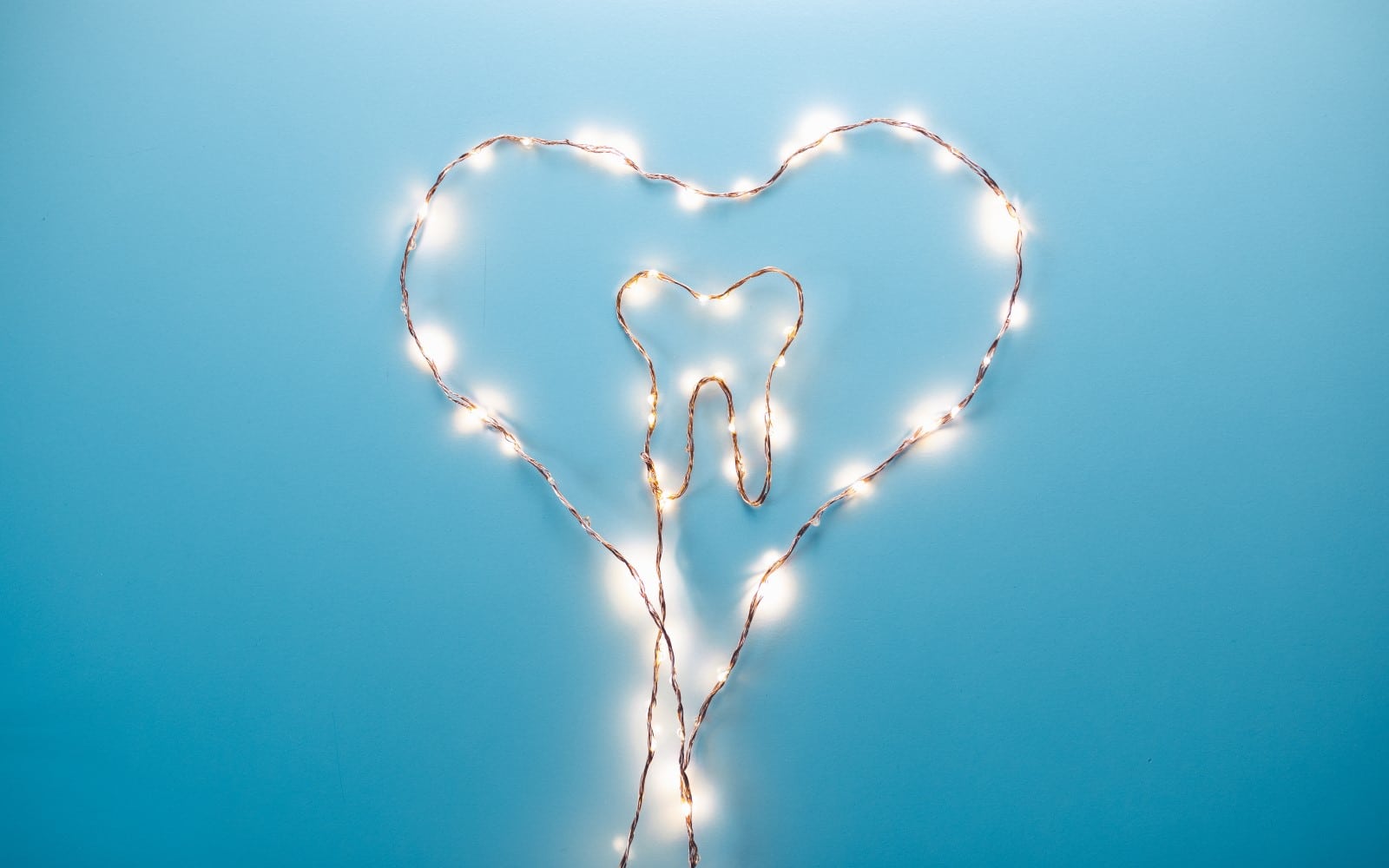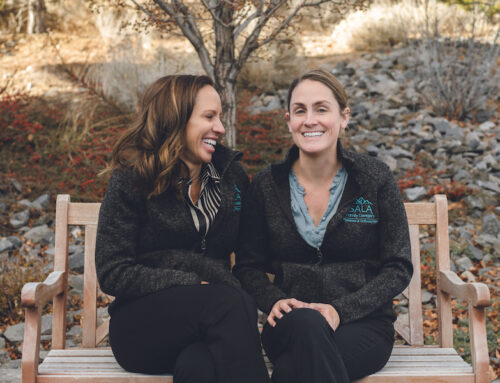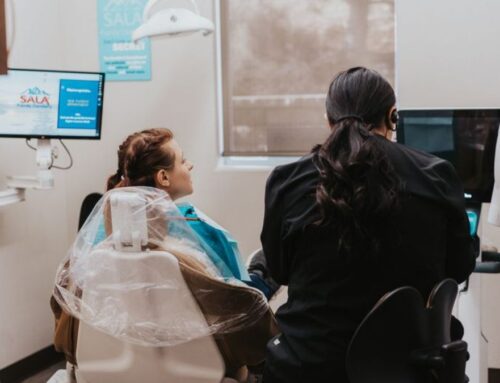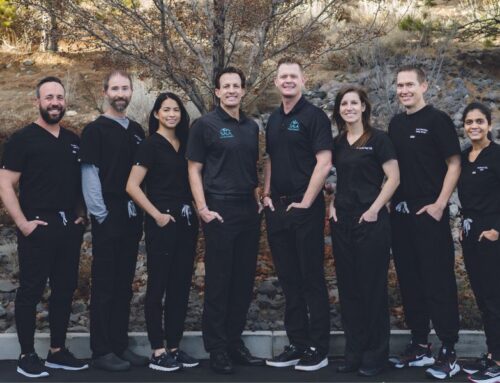
1) What happens to our baby teeth won’t affect our permanent teeth — FALSE
Baby teeth pave the way for adult teeth! Primary teeth are placeholders for the adult teeth, meaning they reserve space in the mouth for the tooth that comes in behind them. If a baby tooth is compromised by decay or trauma, resulting in early removal or exfoliation, there may not be room for the permanent tooth to erupt unless dental intervention is involved. Therefore, it is VERY important to take care of children’s baby teeth and not write them off as “unimportant.” Instilling healthy daily oral health care habits in our children is paramount when it comes to equipping them with the means to take care of their teeth when they are well into adulthood.
2) “As long as I brush at least one time a day, it doesn’t matter whether it’s in the morning or at night.” — FALSE
Throughout the day, our salivary glands are fairly active; between talking, eating, and the like. At night, our salivary glands tend to produce far less saliva than they do during the day, therefore, if brushing hasn’t taken place at night before we fall asleep, anything we may have consumed over the course of the day, be it a solid food or liquid beverage, sits on our teeth and may cause several hours worth of acidic attack. Continuous occasions where we allow for these acid attacks to take place on our teeth will likely lead to the development of tooth decay. That is why it is best to brush each morning and night for two minutes — this removes the plaque biofilm and food debris that accumulates each time we eat and/or drink.
3) “My oral health does not affect my systemic health” — FALSE
The same blood that pumps from your heart to your arms and legs also pumps to and through your mouth and provides blood supply to your gums and teeth. If there is an active infection and inflammation in your mouth, the potential for that infection to travel from your mouth to other parts of your body, including your heart, exists. Your mouth and the rest of your body are not two separate entities. Detriments in your oral health, such as periodontal disease, place you at a higher risk for other systemic diseases associated with chronic inflammation such as cardiovascular disease and diabetes.
4) “Babies leach calcium from pregnant moms” — FALSE
You may have noticed that you had more cavities while you were pregnant or shortly after you were pregnant. Of course, it’s easy to assume that the small human you’ve been carrying has stolen all of your nutrients, however, there are a lot of other contributing factors to consider when questioning why you suddenly have all of these cavities. Morning sickness and acid change the pH of your mouth, creating a more acidic environment. This environment creates a more opportunistic space for bacteria to grow and deteriorate your tooth enamel. Perhaps due to your now more sensitive gag reflex, just the thought of sticking your toothbrush and/or dental floss in your mouth makes you search for the nearest toilet or trash bin; this may result in sub-par homecare habits when it comes to staying on top of your oral hygiene. And guess what? To top it all off, the hormonal changes taking place throughout your body do indeed include your mouth — these changes can cause your salivary flow to slow and/or change consistency, which again makes a huge difference when it comes to needing our mouths to stay a moist environment. So short story long; babies do NOT “steal” calcium from their pregnant mothers. Tip: Now that you know, if you are pregnant, do your absolute best to avoid consuming frequent foods/drinks that are high in sugar and carbohydrates, and don’t skip out on brushing twice and flossing once a day if you can help it! 🙂
Contact
Phone | (775) 376-7914
Email | info@salafamilydentistry.com
Hours
| Mon - Fri | 7:00am – 5:00pm |
| Saturday | 7:00am - 3:00pm |
| Sunday | Closed |
Location





